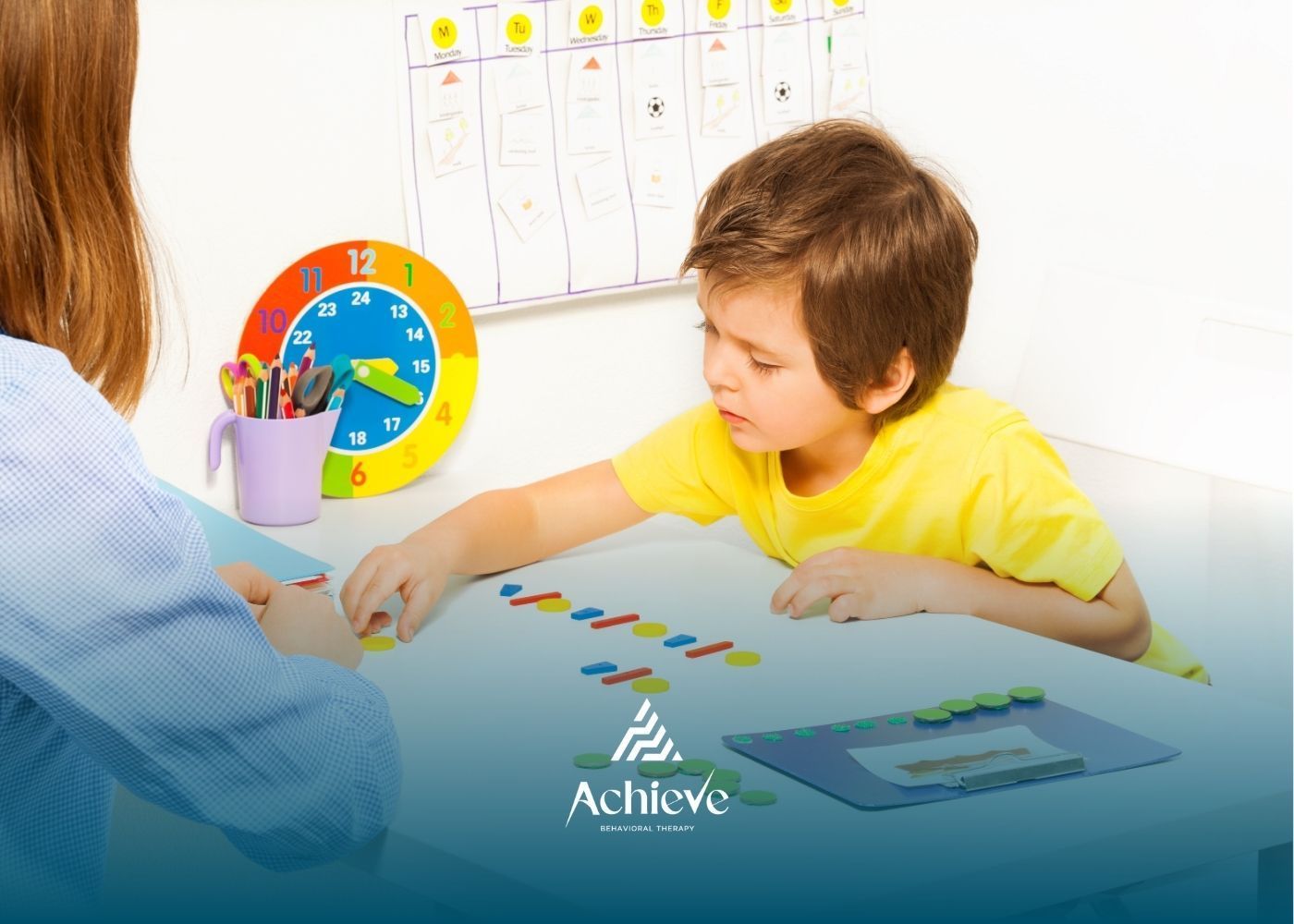Can Screen Time Cause Autism? Separating Myth from Fact

The question “Can screen time cause autism?” is one that many parents ask, especially as digital devices become a large part of everyday life. The simple answer is no—screen time does not cause autism. Autism spectrum disorder (ASD) is a neurodevelopmental condition influenced by genetic and biological factors, not by exposure to technology or media.
The misconception often arises because some autistic children may have a strong interest in screens, preferring structured, predictable digital activities. This behavior may make it seem like screen use and autism are connected, but research has found no causal relationship.
That being said, screen time can still have an impact on children’s overall development. Excessive use may reduce opportunities for social interaction, physical activity, or healthy sleep patterns. For children with autism, striking a balance between screen time, therapy, play, and real-world communication is especially crucial.
At Achieve Behavioral Therapy, we encourage families to set healthy routines around technology while supporting each child’s unique needs. Structured activities, interactive play, and behavioral strategies can help children thrive—both on and off the screen.
Frequently Asked Questions
Does too much screen time cause autism in children?
No, screen time does not cause autism. Autism is a neurodevelopmental condition with genetic and biological factors.
Why do some people think screen time is linked to autism?
Because children with autism may show intense interest in screens, some assume a connection. However, research shows no evidence that screens cause autism.
Is screen time harmful for children with autism?
Excessive screen time may affect sleep, behavior, and social interaction, but it does not cause autism. Balanced use with healthy routines is recommended.
Need Support?
We're Here to Help!
Our experienced team is ready to assist you. Reach out today to discuss how we can support your child's development and well-being.
Get started with expert ABA therapy today.






